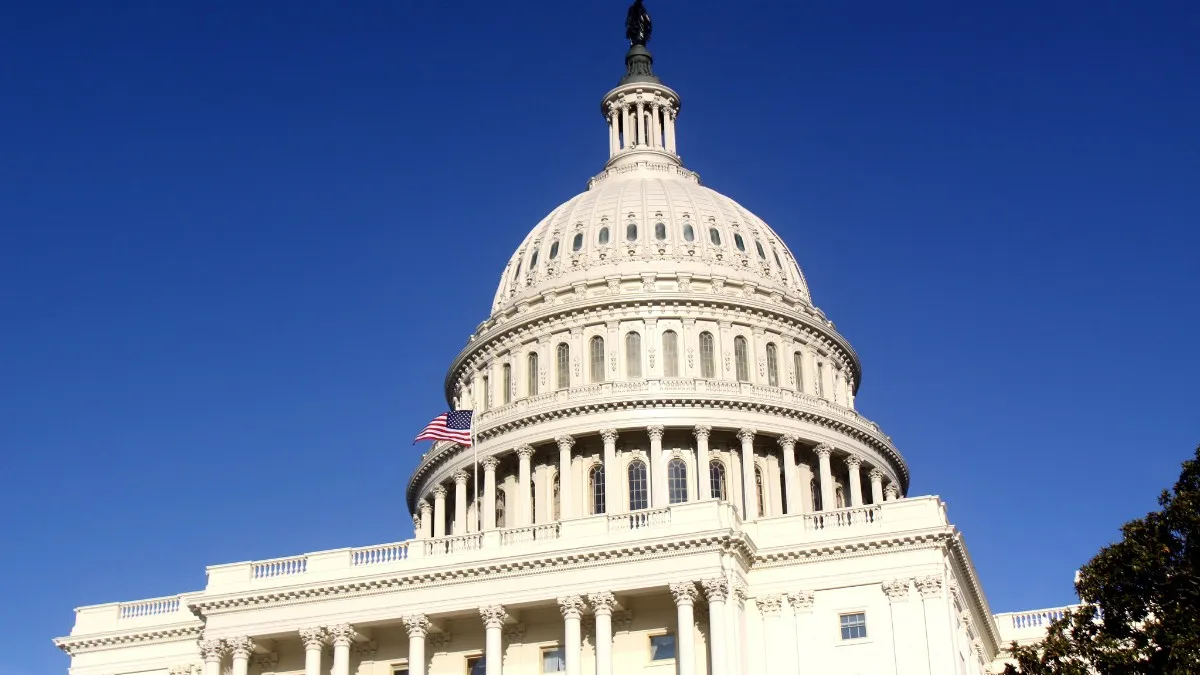Dive Brief:
- New York has sued the U.S. Department of Labor (DOL) April 14, claiming that the agency overstepped, impermissibly narrowing eligibility for paid sick leave and family leave under the Families First Coronavirus Response Act (FFCRA) (State of New York v. United States Department of Labor, 20-cv-03020 (S.D.N.Y. April 14, 2020)).
- According to the complaint, DOL's rule implementing the FFCRA creates new carve-outs "from whole cloth ... that appear nowhere in the text Congress enacted." The regulation, New York alleged, allows for an unlawfully broad definition of "health care providers" to be excluded from emergency family leave and paid sick leave protections, creating potentially "devastating consequences for New York and its residents."
- The complaint also said the rule "imposes a new 'work availability' requirement that permits employers to deny their workers emergency family leave or paid sick leave, with no statutory basis." This, according to New York, "unlawfully authorizes employers to deny workers" their rights to family leave and paid sick leave under the FFCRA.
Dive Insight:
COVID-19 has hit New York particularly hard, but the state isn't the only stakeholder critical of DOL's FFCRA implementing regs. Rep. Rosa DeLauro, D-Conn., and Sen. Patty Murray, D-Wash., recently wrote a letter to Secretary of Labor Eugene Scalia arguing that DOL's rule contradicts the language of the law and "violate[s] congressional intent."
The FFCRA generally requires that employers with fewer than 500 employees provide two types of emergency paid leave to employees affected by the pandemic. The law expanded the Family and Medical Leave Act to guarantee paid leave if an employee has to care for a child whose school or daycare is closed, or otherwise unavailable, due to COVID-19. It also established a paid sick leave requirement for employees; the payout varies depending on the reason for the employee's leave.
The issue is evolving rapidly, with DOL explaining how to obtain a small business exemption and the IRS offering direction on obtaining tax credits for paid leave.













